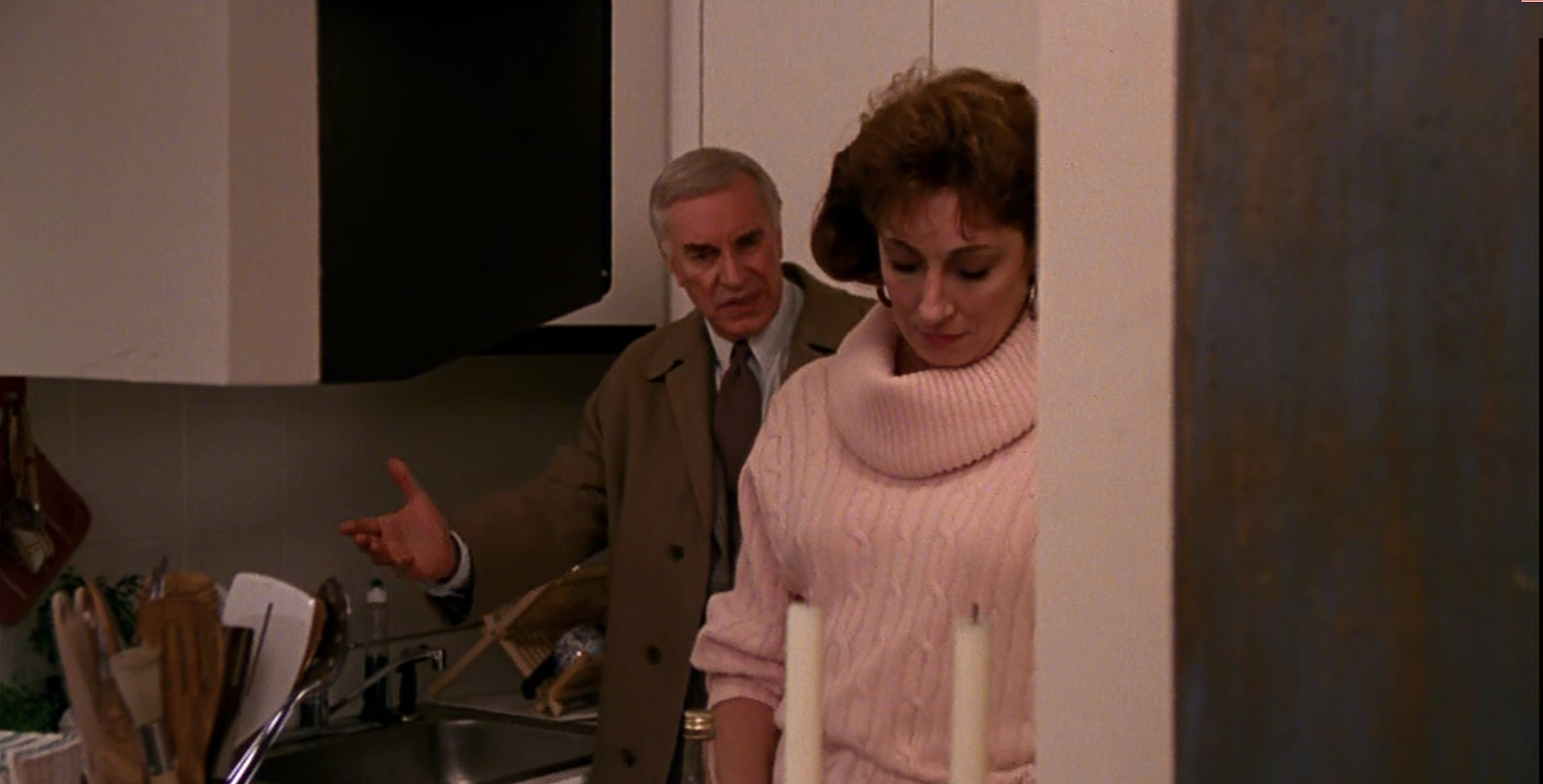Getting Away with Murder? "Crimes and Misdemeanors" and Alternative Conceptions of Justice
DOI:
https://doi.org/10.58519/aesthinv.v3i2.11941Keywords:
religion, ethics,, justice, philosophy of film, Crimes and Misdemeanors,, Woody AllenAbstract
As with most great works of art, great films are typically amenable to multiple interpretations, and there need be no determinate answer to which interpretation is ‘right’ or even the ‘best’. Yet some interpretations can render a work more compelling—perhaps more morally or religiously deep—than others. And that might be one reason for preferring the interpretation in question. This article focuses on Woody Allen’s Crimes and Misdemeanors, which has often been construed as an attempt to illustrate the thesis that crime sometimes pays (or, at any rate, that it is not the case that crime necessarily does not pay). I call this the unjust reading of the film and contrast it with the just reading. I argue, however, that both these readings presuppose a consequentialist conception of justice that is not the only conception available. Reinterpreted from a perspective of intrinsic justice, the film gains a depth that is unavailable in the light of the other interpretations.
Downloads
References
Allen, Woody (director). 2004 [1989]. Crimes and Misdemeanors [DVD]. Metro-Goldwyn-Mayer Home Entertainment LLC.
Bakhtin, Mikhail. 1984 [1965]. Problems of Dostoevsky’s Poetics, edited and translated by Caryl Emerson. Minneapolis, MN: University of Minnesota Press.
Blake, Richard A. 1991. “Looking for God: Profane and Sacred in the Films of Woody Allen.” Journal of Popular Film and Television, 19(2): 58–66.
Boethius. 1969 [6th century CE]. The Consolations of Philosophy, translated by V. E. Watts. London: Penguin.
Denzin, Norman K. 1991. “Crimes and Misdemeanors in Manhattan.” In his Images of Postmodern Society: Social Theory and Contemporary Cinema, 95–106. London: Sage.
Erler, Mary. 1989. “Morality? Don’t Ask.” New York Times, 15 October: p. 16.
Gambetta, Diego. 1999. “Primo Levi’s Last Moments: A New Look at the Italian Author’s Tragic Death Twelve Years Ago.” Boston Review, Summer 1999. Available online at: https://bostonreview.net/archives/BR24.3/gambetta.html#Anchor-14-47383 (accessed 10 June 2019).
Girgus, Sam B. 2002. “The Eyes of God.” In his The Films of Woody Allen, 2nd ed., 129–147. Cambridge: Cambridge University Press.
Internet Movie Database. 2019. Crimes and Misdemeanors (1989): Full Cast & Crew. Available online at: https://www.imdb.com/title/tt0097123/fullcredits?ref_=tt_cl_sm#cast (accessed 11 June 2019).
Kierkegaard, Søren. 1956 [1847]. Purity of Heart is to Will One Thing, translated by Douglas V. Steere. New York: Harper & Row.
Lee, Sander H. 2001. “Existential Themes in Woody Allen’s Crimes and Misdemeanors with Reference to Annie Hall and Hannah and Her Sisters.” In Woody Allen: A Casebook, edited by Kimball King, 55–80. New York: Routledge.
Liggera, Joseph J. 1990. “The Eyes of Yahweh Are Upon Us: Woody Allen’s Crimes and Misdemeanors.” Proceedings of the 8th Annual International Conference of Film and Society, 17–18 April 1990, Kent State University, 101–105.
McGrady, Mike. 1989. “Getting Away with Murder, Woody Allen Style.” Newsday, 13 October: Part III, p. 3.
Minowitz, Peter. 1991. “Crimes and Controversies: Nihilism from Machiavelli to Woody Allen.” Literature/Film Quarterly, 19(2): 77–88.
Pally, Marcia. 1989. “Crimes’ Story.” Film Comment, 25(6): 11–15.
Plato. 1997 [5th/4th century BCE]. Gorgias, translated by Donald J. Zeyl, in Plato: Complete Works, edited by John M. Cooper and D. S. Hutchinson, 791–869. Indianapolis: Hackett.
Quattrocchi, Edward. 1991. “Allen’s Literary Antecedents in Crimes and Misdemeanors.” Literature/Film Quarterly, 19(2): 90–98.
Roche, Mark W. 1995. “Justice and the Withdrawal of God in Woody Allen’s Crimes and Misdemeanors.” Journal of Value Inquiry, 29(4): 547–563.
Russell, Bruce. 2006 [2000]. “The Philosophical Limits of Film.” In Philosophy of Film and Motion Pictures: An Anthology, edited by Noël Carroll and Jinhee Choi, 387–390. Oxford: Blackwell.
Vipond, Dianne L. 1991. “Crimes and Misdemeanors: A Retake on the Eyes of Dr. Eckleburg.” Literature/Film Quarterly, 19(2): 99–103.
Wieseltier, Leon. 1989. “Browbeaten.” New Republic, 27 November: p. 43.
Winch, Peter. 1965–1966. “Can a Good Man Be Harmed?” Proceedings of the Aristotelian Society, new series 66: 55–70.

Downloads
Published
Issue
Section
License

This work is licensed under a Creative Commons Attribution 4.0 International License.
Authors who publish with this journal agree to the following terms:
Authors retain copyright and grant the journal right of first publication with the work simultaneously licensed under a Creative Commons Attribution License that allows others to share the work with an acknowledgement of the work's authorship and initial publication in this journal. Note: up to volume 4 issue 1, an incorrect copyright line appears in the PDFs of the articles.
Authors are able to enter into separate, additional contractual arrangements for the non-exclusive distribution of the journal's published version of the work (e.g., post it to an institutional repository or publish it in a book), with an acknowledgement of its initial publication in this journal.
Authors are permitted and encouraged to post their work online (e.g., in institutional repositories or on their website) prior to and during the submission process, as it can lead to productive exchanges, as well as earlier and greater citation of published work (See The Effect of Open Access).





